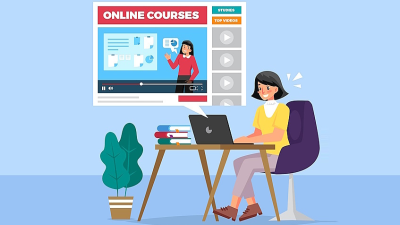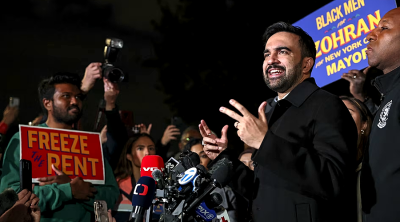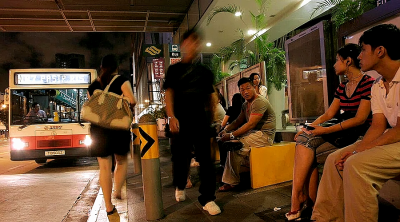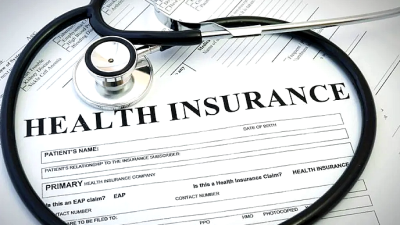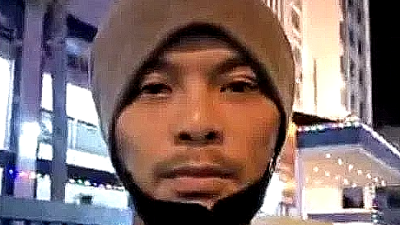Sin Chew Daily
Liquor has been an important item for big and small religious rituals in China for thousands of years.
In a multicultural country like Malaysia, it is necessary for us to respect one another's customs, be it for religious or historical reasons. As such, a drinker should refrain from drinking in front of people whose religion bans alcohol consumption/ And if the consumption is not excessive, there should be no reason to ban alcohol.
Similarly, it is also unnecessary for people embracing other religions to enforce the no-alcohol order on drinkers for the simple reason every individual has his or her own way of living or lifestyle.
Recently DBKL issued a new guideline on the sale of liquor in the city. This is not a blanket sale ban in the first place, but beginning October next year, sale of hard liquor will be banned in sundry shops, convenience stores and Chinese medicine shops. If you really want to drink, you may have to visit a bar, pub, restaurant, or buy it from any supermarket with alcohol sale license.
The new policy will inconvenience consumers in suburban areas and will invariably affect the business of Chinese medicine shops with alcohol sale permits.
There are nearly 4,000 Chinese medicine shops in the country, and this number does not include traditional grocery stores that may also sell liquor. These small businesses have been struggling for years due to the onslaught from massive hypermarkets, and the new alcohol sale ban enforced on them will only make life much harder for the business owners.
DBKL explains that the measure is meant to "safeguard the health and safety of the residents".
Well, the reason offered is good enough. No doubt, drinking may do harm to our body, especially if taken in excess. People may act unruly under the influence of alcohol, and if they go behind the wheel after drinking, they may pose tremendous dangers not only to themselves but also other road users.
A study by Malaysian Institute of Road Safety Research (MIROS) has shown that 23% of fatal accidents in the country have been caused by drunk driving. Perhaps this is what DBKL has said, to "safeguard the health and safety of the residents" by not allowing the people to gain access to alcohol so conveniently.
But will the health and safety of the people be assured simply by restricting the sale of alcohol?
Businessmen are profit-minded people. Whether they have an alcohol sale permit or not, there are many Chinese medicine shops and back lane sundry shops that secretly sell fake booze and poor quality liquor. It was reported two years ago that over a dozen of Indians and foreign workers died of poisoning after taking fake booze in Sungai Buloh. In India, thousands of people are killed by fake booze every year.
Instead of banning the sale of alcohol, perhaps the authorities should focus more on stamping out the sale of fake booze. We are worried that people may turn to such illegally produced booze if they are denied access to normal liquor.
If we were to take a look at history, the alcohol bans imposed in many countries have mostly failed in the end. For example the United States banned alcohol from 1920 through 1933, but this failed to stop Americans from drinking. In its stead, it boosted the sale of black market booze, and reduced the government's tax revenue. According to Wikipedia, there are currently only 17 Muslim countries in the world that impose full or partial ban on alcohol.
Alcohol is not the source of all evils; we should see it more as just another daily necessity for some people. There are other things that the government should ban, among others prostitution, drugs, gambling, illegal booze, corruption… As for religious intervention in the people's day-to-day life, we don't see any necessity for it, seriously!
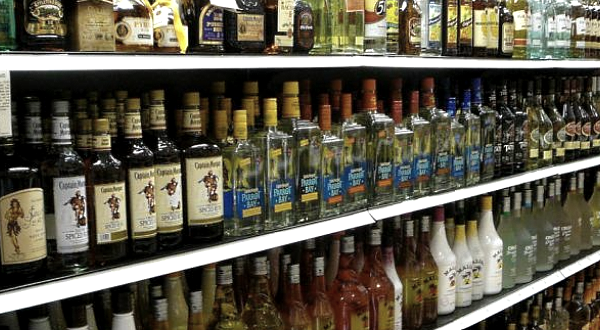
ADVERTISEMENT
ADVERTISEMENT






